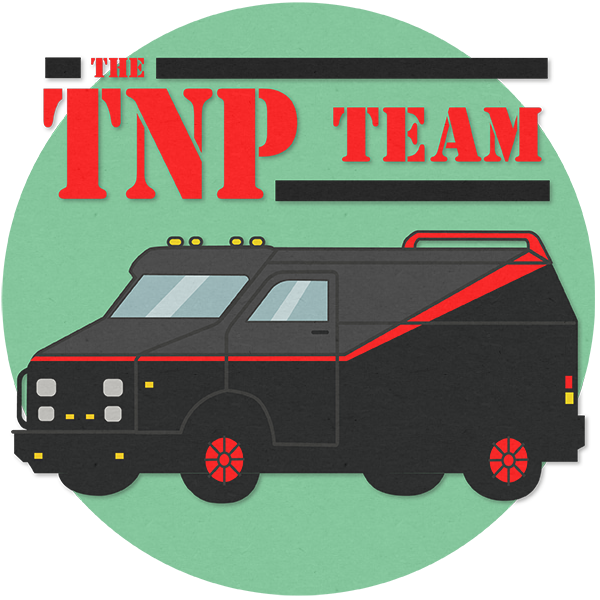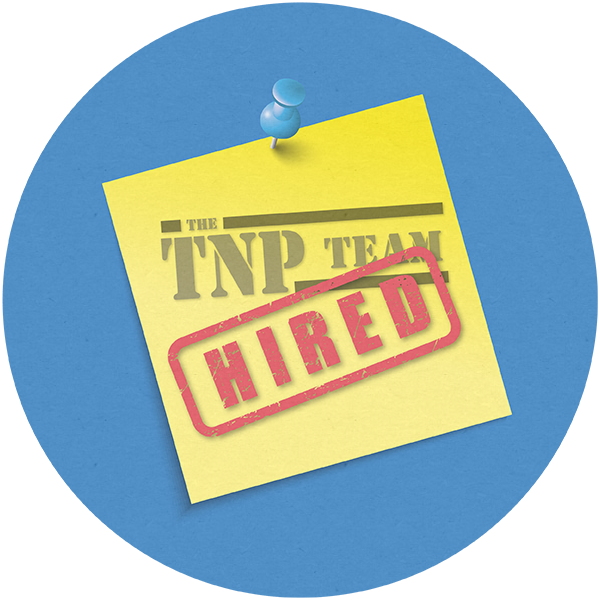Reasons why companies don't implement a new ERP system
For many people, it’s easier to find good reasons to not take the risk and therefore to not start the implementation journey, such as:


1) Because leaders don’t feel the pain associated with their ERP system
Managers are often completely unaware of the process gymnastics or spreadsheet mayhem that their people have to perform/manage in order to do a good job for their customers.
It’s not that their existing ERP system has broken – just that their business has changed since it was put in. Well intentioned staff find workarounds to make new processes work within the existing system – rather than get it modified to suit. This approach starts to build in inefficiency and the opportunity for errors to be made and service levels compromised.
Our recommendation – take a walk with an order through your business. Count the number of times a member of staff has to ‘touch’ it and understand why. That will quickly expose the extent of any issue you may have.
Worried about the time-consuming process of buying ERP? Check out our free guide!

2) Because the business has bigger issues to focus on
The business may well have bigger issues to focus on – a new product, new Partnership, a new international market, a resurgent competitor who is winning on the basis of stock availability – maybe even a global pandemic.
To address these bigger issues effectively your ERP system will likely have to support new processes. This is often overlooked when businesses put together and execute a plan – which in turn drives the behaviour in #1 above.
Our recommendation – make ‘business system support’ a subject that must be covered in any plan to change the business.

3) Because ‘it’s too painful’
ERP replacement projects have a reputation – only some part of which is deserved. When they go wrong – they typically go wrong at the beginning.
Customers or consultants get focussed on choosing the right product.
Product salespeople, eager for an order, fail to push customers to rationalise their needs MoSCoW (Must Have, Should Have, Could Have, Won't Have this time) and rely on their project team to sort it out later.
Our recommendation – change the way you think about the replacement process.
We believe your choice of ERP Partner is more important than price. Read our guide to see why!

4) It’s too expensive
Use of the word ‘too’ would suggest that some ROI analysis has been done – the costs and business benefits assessed and understood. Since that’s almost always not the case – then the real issue will be #1, #2 or #3.
We make no apology. We’re ERP nuts. We are unashamedly enthusiastic about the extent to which business software, well implemented and supported, can liberate businesses (make them more agile) and liberate people within a business to get more important stuff done (make them more effective).
If you have an ERP problem. We’re easy to find. Hire the TNP team
Get in touch.png)